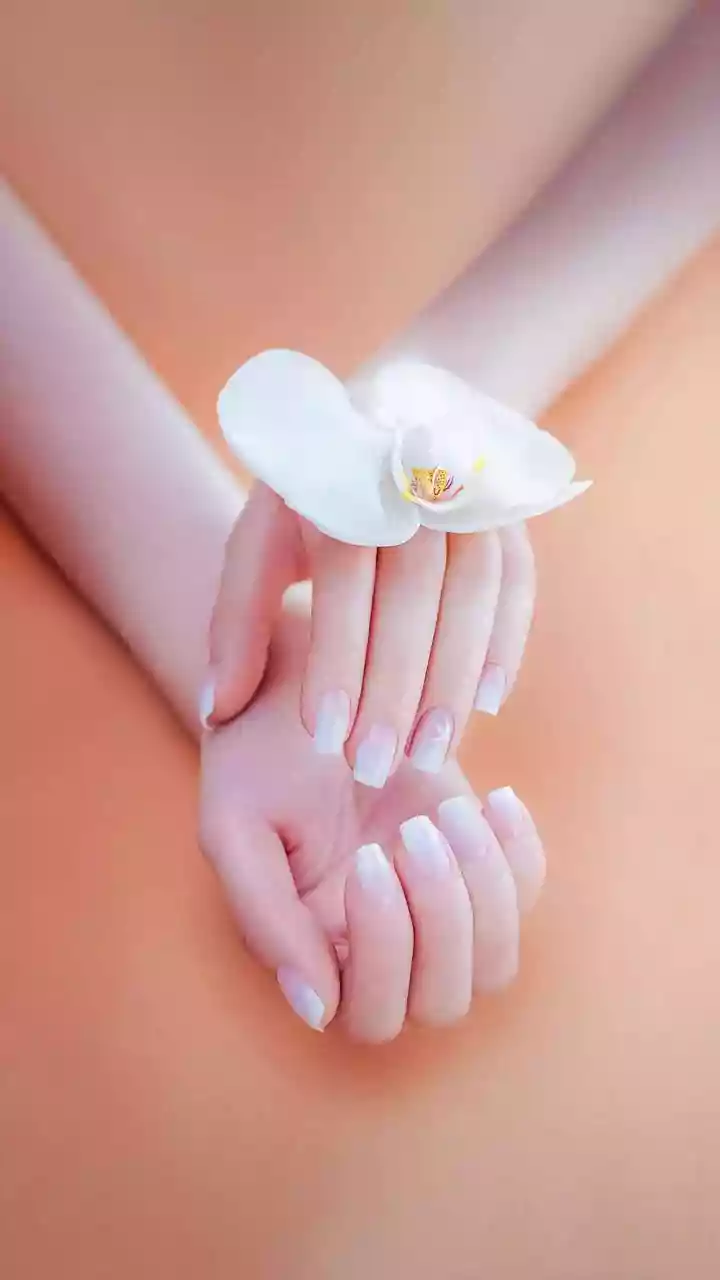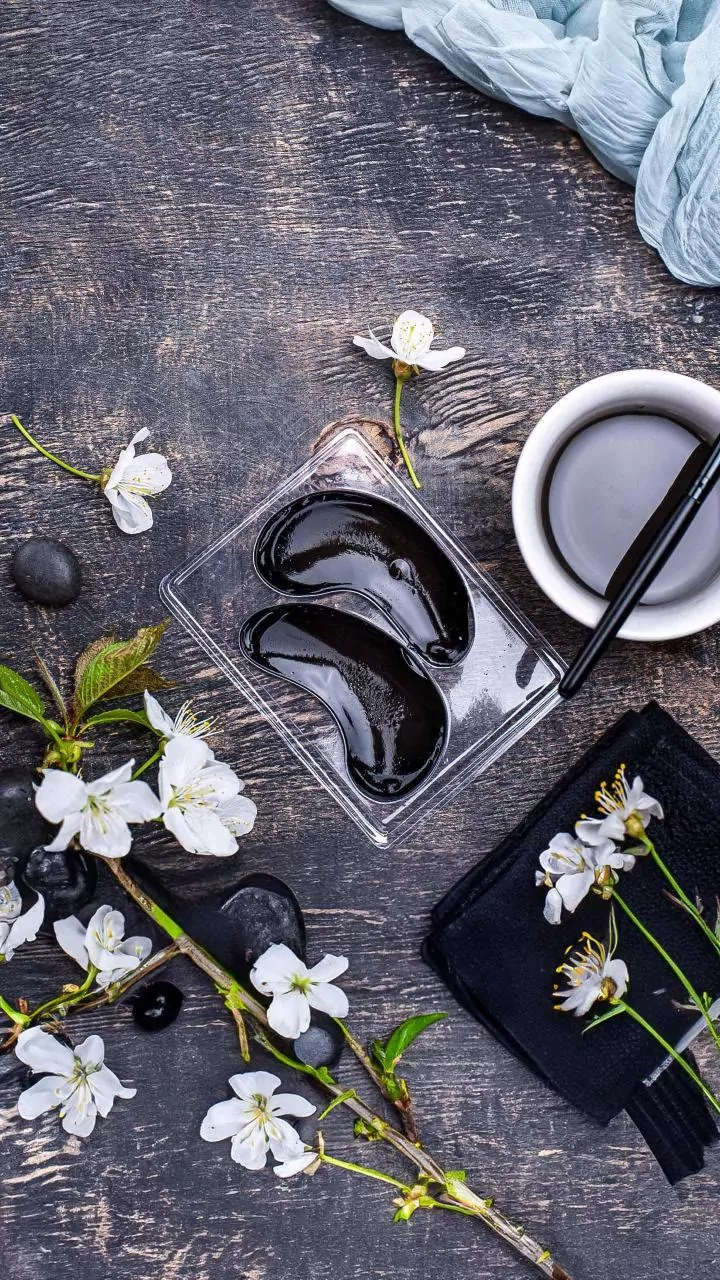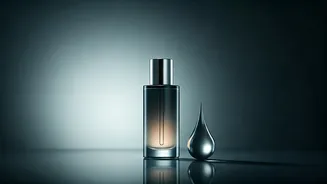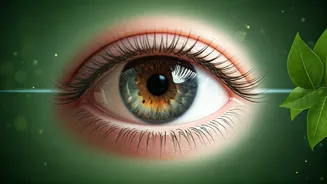Hard Water’s Hidden Threat
Hard water, laden with minerals like calcium and magnesium, poses a subtle yet significant threat to hair health. This is especially true for individuals
in urban regions of India, where water quality can vary substantially. The accumulation of these minerals on hair strands leads to several problems, creating a cascade of issues that often go unnoticed until visible damage occurs. The effects of hard water are multifaceted, influencing the structure and appearance of hair in ways that are often not immediately apparent. The deposits left behind by hard water can make hair feel rough, tangled, and difficult to manage. It can also interfere with the effectiveness of shampoos and conditioners. The mineral buildup inhibits these products from working to their full potential, leading to a buildup of products and a reduction in natural shine and bounce. Over time, prolonged exposure to hard water can weaken hair, making it more prone to breakage, frizz, and dryness. Recognizing the impact of water hardness is the first step towards understanding and addressing the hair-related issues. When hair is exposed to hard water, it can lead to more than just aesthetic concerns, often exacerbating underlying hair health problems and affecting the overall appearance of hair.
Recognizing the Warning Signs
Identifying the signs of hard water damage to hair is crucial for taking immediate action. One of the initial indicators is a change in the hair's texture, often characterized by an unusual roughness or stickiness, which feels very different than healthy hair. This roughness is caused by mineral deposits coating the hair shaft, disrupting its natural smoothness. As the damage progresses, hair can become increasingly difficult to manage, leading to increased tangling and knots. The mineral buildup disrupts the hair's cuticles, making it prone to friction and damage. The natural shine can also diminish, replaced by a dull, lifeless appearance. Hard water exposure can compromise the hair's ability to reflect light properly. Another key indicator of hard water damage is the increased use of hair products. As the hair loses its natural moisture and elasticity, it may require more styling products to achieve the same results. This can create a cycle of mineral accumulation and product buildup, exacerbating the existing damage. Furthermore, persistent dryness and breakage are major warning signs. The hair's structure weakens over time, leading to more frequent splits and breakage. Understanding and recognizing these signs allows one to take preventative measures and initiate the proper treatment to protect and restore hair health.
Scalp Health's Ripple Effect
The adverse impact of hard water extends beyond just hair strands, reaching the scalp and potentially causing a range of issues. The scalp, the foundation for healthy hair growth, can suffer from several problems due to mineral imbalances. Hard water can upset the natural pH balance of the scalp, making it more prone to dryness, itching, and irritation. The accumulated minerals can block hair follicles and interfere with normal hair growth cycles. Moreover, hard water can also exacerbate existing skin conditions, such as dandruff or eczema, and cause excessive dryness and irritation. The skin on the scalp may become flaky, red, and itchy. Changes in the scalp's condition can directly affect hair health. When the scalp is unhealthy, the roots of the hair do not get adequate nutrients. As a result, hair may become weaker and more likely to fall out, causing hair thinning and possibly hair loss. Protecting the scalp from the damaging effects of hard water is essential for maintaining overall hair health. Addressing the causes of scalp problems by implementing proper care will contribute to stronger, healthier hair growth. Consistent care and the use of appropriate products can help maintain a healthy scalp environment, encouraging healthy hair growth.
Ayurveda's Wisdom Unveiled
Ayurveda, an ancient Indian system of medicine, offers profound insights into hair health. This offers a holistic approach that looks beyond superficial remedies, emphasizing the importance of balance and natural ingredients to nurture and restore hair. In the context of hard water damage, Ayurvedic principles focus on cleansing, balancing, and nourishing the hair and scalp. The use of specific herbs and natural oils is designed to counteract the effects of mineral buildup and restore the hair's natural vitality. Amla (Indian gooseberry) is often celebrated for its rich antioxidant content. Amla is known for its ability to strengthen hair, prevent premature graying, and enhance its shine. Shikakai, known for its gentle cleansing properties, helps remove impurities without stripping the hair of its natural oils. Reetha (soapnut) acts as a natural cleanser, assisting in eliminating mineral deposits while maintaining the hair's moisture balance. Ayurvedic treatments often recommend regular scalp massage with herbal oils to improve circulation and promote hair growth. These oils, such as sesame, coconut, or almond oil, are often infused with specific herbs known for their beneficial properties. Ayurveda is more than just a set of remedies; it represents a lifestyle emphasizing balance, self-care, and the wisdom of nature. Incorporating these principles can restore and maintain hair and scalp health.
Ayurvedic Remedies In Action
Implementing Ayurvedic remedies in daily life is a practical approach to addressing hard water damage and enhancing hair health. This involves integrating specific herbs, oils, and practices into your routine, offering a holistic approach tailored to the needs of your hair and scalp. One of the initial steps is to adjust your hair wash routine. Consider using shampoos and conditioners that are free of harsh chemicals and specifically formulated to combat mineral buildup. Choose products containing ingredients like amla, shikakai, and reetha. These are known for their ability to cleanse gently, strengthen hair, and counteract the effects of hard water. Incorporate oil treatments into your routine. Regular oiling helps to nourish and hydrate the hair. Select oils that are appropriate for your hair type and incorporate them into a pre-wash treatment, allowing the oil to penetrate the hair shaft, or leave it in overnight. Furthermore, consider rinsing your hair with filtered or softened water to minimize mineral exposure. This can be achieved using a shower filter that removes excess minerals from the water. Dietary changes and internal health are crucial for overall wellness. Focus on a diet rich in nutrients that support hair health. The incorporation of essential fatty acids, vitamins, and minerals helps to promote healthy hair growth from within. Lastly, practice stress-reducing activities, such as yoga or meditation, since stress can negatively affect hair health. By incorporating these practices, individuals can build a comprehensive and effective approach to hair care that addresses the challenges posed by hard water.




















